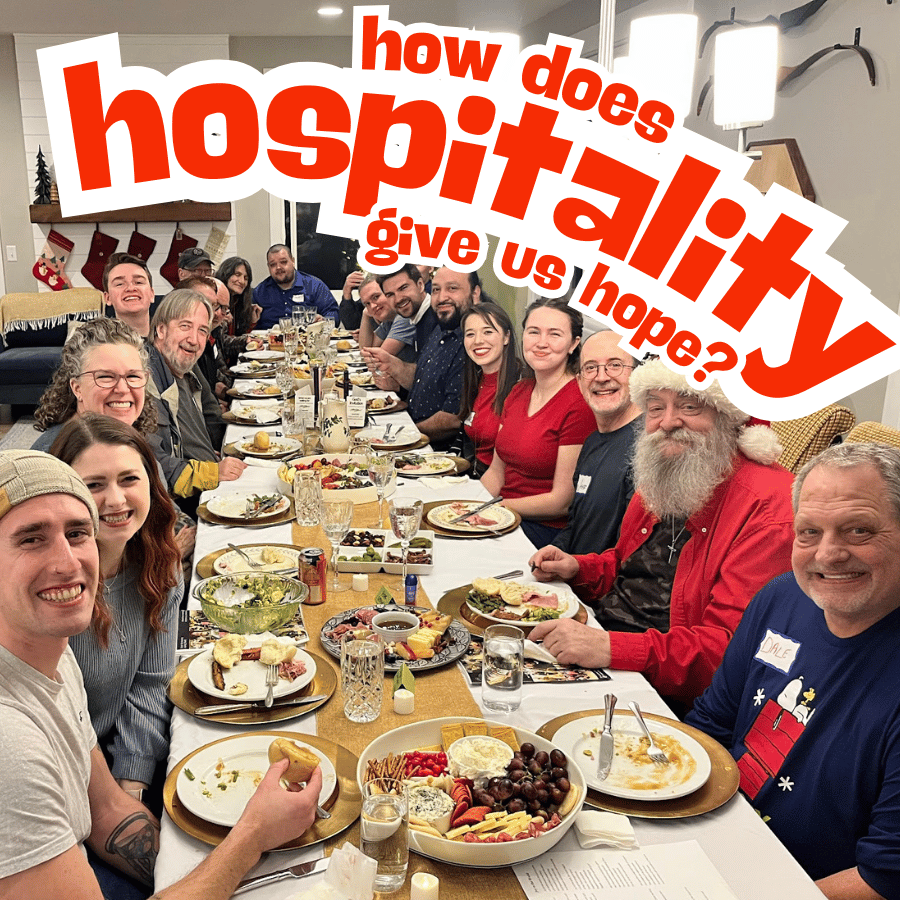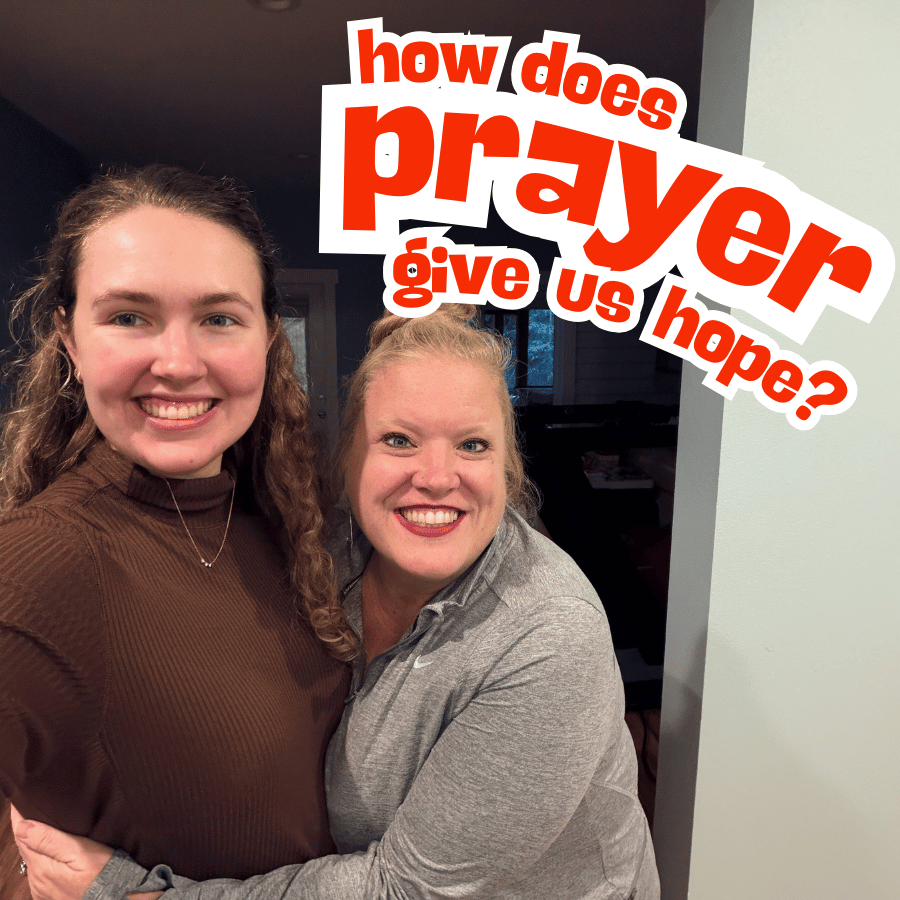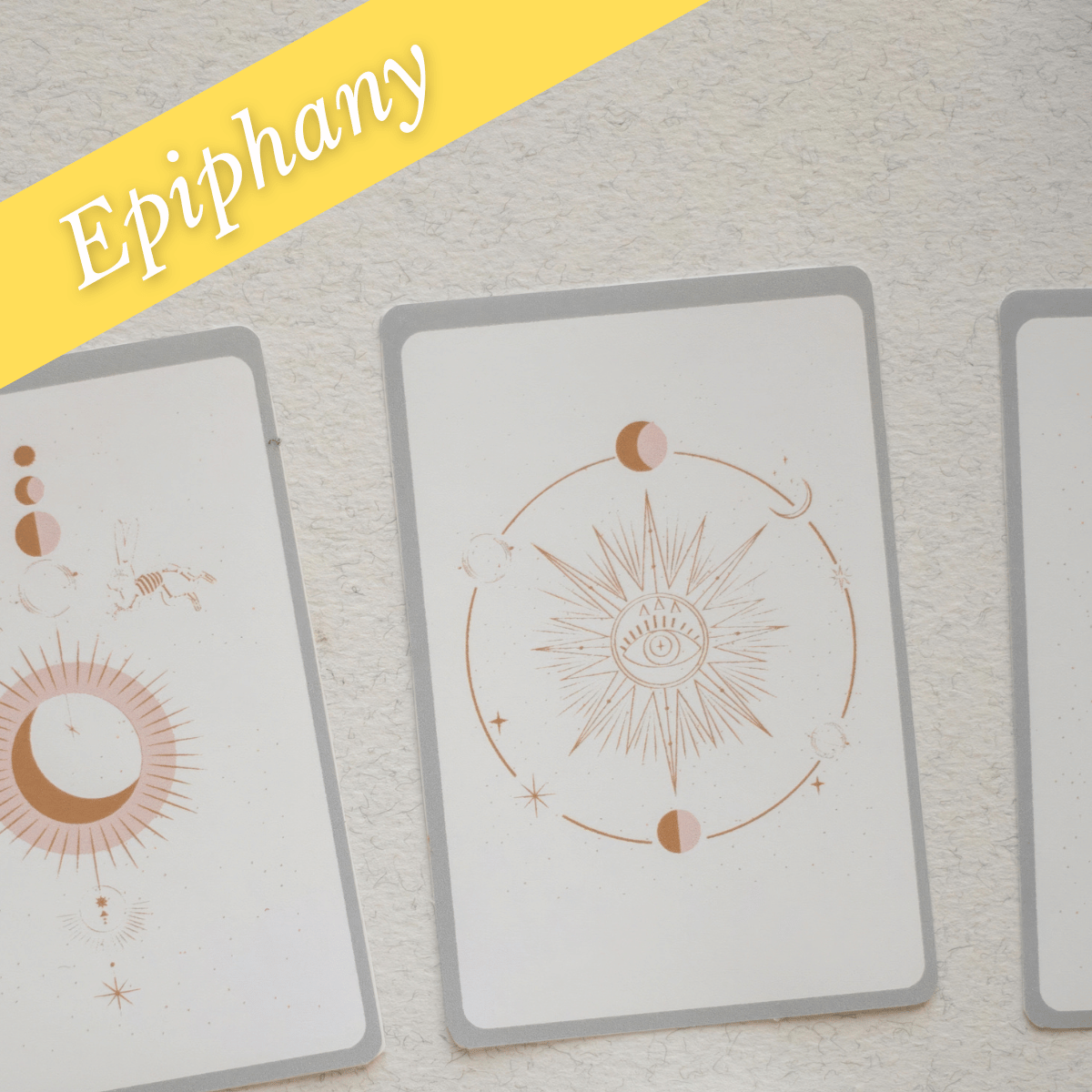Love, and Other Reasons
Written by Emma McCoy
3 minute read
I’ve met a lot of people in my twenty-three years of life. I think it has a lot to do with the fact that I moved around as a kid (I went to seven different schools before college), and my experiences at Spring Church have helped me be quite comfortable leaning into unexpected friendships.
But before I really started learning how to choose good friends, I picked some less-good friends. To be clear, I’m never a totally innocent party in any friendships that have gone by the wayside; part of growing up is learning how to be a good friend.
All the same, in high school I had this friend who I’ll call Becca. We were friends in middle school, and continued to be best friends in high school. We did softball together, had sleepovers, and tried to get into the same classes. We went through a lot of the things that young girls have to figure out: puberty, cliques, money, grades, and boys.
Throughout high school, I watched Becca date boys, one after the other, who didn’t treat her well. They were apathetic, or angry, or manipulative. And I know we were all kids, but Becca wasn’t making good choices about who she was dating, and it was hard to watch. At best, I tolerated her boyfriends (and they picked up on that) and if I had to do it over again, I would have been kinder about it. I was pretty blunt with her, partly because I could see the pattern that she couldn’t: she dated whoever showed interest in her because she was scared of being alone.
There’s a difference between doing something because of what the thing is, and doing something to run away from another thing.
Becca was dating largely because she was running away from being alone, feeling unwanted, and her mother’s criticism. She wasn’t running toward something she was really excited about, or finding good in. Dating because you’re avoiding something else doesn’t last very long. And doing something as a reaction against something else isn’t enough to sustain a practice.
Now, being reactionary isn’t inherently bad. Here are a couple examples:
Going sober to avoid liver disease.
Quitting drugs for mental health.
Going into eating disorder recovery because hair is falling out.
Leaving a household to avoid abuse.
Quitting one job for another to get away from bad management.
Walking on the faithful path because walking anywhere else is directionless.
Reacting against something isn’t bad. But it isn’t enough.
Becca might have gotten into a good relationship, but it was made harder because she wasn’t doing it for the right reasons. Going into recovery to avoid health problems is good, but there isn’t enough gas in that tank. There has to be a running toward. Doing something because of what’s there, not what’s behind.
The best possible example I can give of this is walking the faithful path. We’re not on the path to avoid pitfalls and try to hold it all together. We’re not looking for recognition or advantages or wealth. We’re walking the faithful path because of the freedom Jesus offers. Because Jesus loves us. Because we love Jesus.
This is something I can struggle with. I often approach spiritual practices and my relationship with God from a place of wanting things. I can be selfish. Reading my Bible to avoid pain or problems rather than doing it to get closer to God. Going to Church to see my friends rather than worship.
Again, neither of those things are bad, but my heart is in a better position when it’s focused on God rather than me.
Join us this Sunday for our Common Table Gathering as we discuss, “we surrender what we can’t keep and celebrate what we can’t lose.” We’ll be continuing on the faithful path, taking a special look at who we’re with and what kinds of questions we can ask. Because we’re on this faithful path together, not to gain the approval of others or avoid our problems, but to live into the freedom that Jesus promises.










3-minute read